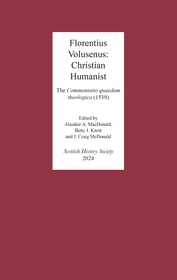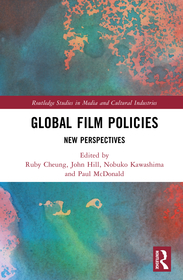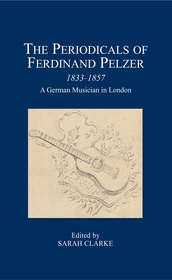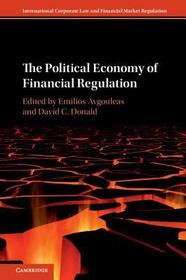
Modern Hungarian Political Thought
Ideologies and Traditions
- Publisher's listprice EUR 149.79
-
62 125 Ft (59 167 Ft + 5% VAT)
The price is estimated because at the time of ordering we do not know what conversion rates will apply to HUF / product currency when the book arrives. In case HUF is weaker, the price increases slightly, in case HUF is stronger, the price goes lower slightly.
- Discount 12% (cc. 7 455 Ft off)
- Discounted price 54 670 Ft (52 067 Ft + 5% VAT)
Subcribe now and take benefit of a favourable price.
Subscribe
62 125 Ft

Availability
printed on demand
Why don't you give exact delivery time?
Delivery time is estimated on our previous experiences. We give estimations only, because we order from outside Hungary, and the delivery time mainly depends on how quickly the publisher supplies the book. Faster or slower deliveries both happen, but we do our best to supply as quickly as possible.
Product details:
- Edition number 2024
- Publisher Springer Nature Switzerland
- Date of Publication 1 November 2024
- Number of Volumes 1 pieces, Book
- ISBN 9783031737602
- Binding Hardback
- No. of pages355 pages
- Size 210x148 mm
- Language English
- Illustrations X, 355 p. 1 illus. Illustrations, black & white 708
Categories
Long description:
This book introduces the reader into the discursive political pluralism of modern Hungary, roughly from the mid-19th century, with a particular emphasis on the spectrum of contemporary political thought. The book relies on Michael Freeden’s method of ideology analysis, focusing on concepts, principles, values, as well as interrelations, but it puts a greater emphasis on nonverbal traditions as bearers of political thought to explain how political pluralism can subsist in periods of dictatorship. Through this analysis, the authors demonstrate how and why contemporary Hungarian political pluralism is a reflection both on the current trends in Western political thought and on its own past.
MoreTable of Contents:
Chapter1: Introduction.- Chapter 2: Liberalism, Libertarianism, Republicanism.- Chapter 3: Conservatism.- Chapter 4: Marxism, Anarchism, Feminism, Critical Theory, Communitarianism.- Chapter 5: Népi-Populism.- Chapter 6: National Radicalism, Radical Conservatism, National Socialism, and Traditionalism.- Chapter 7: Religion and Political Thinking in Hungary.
More











